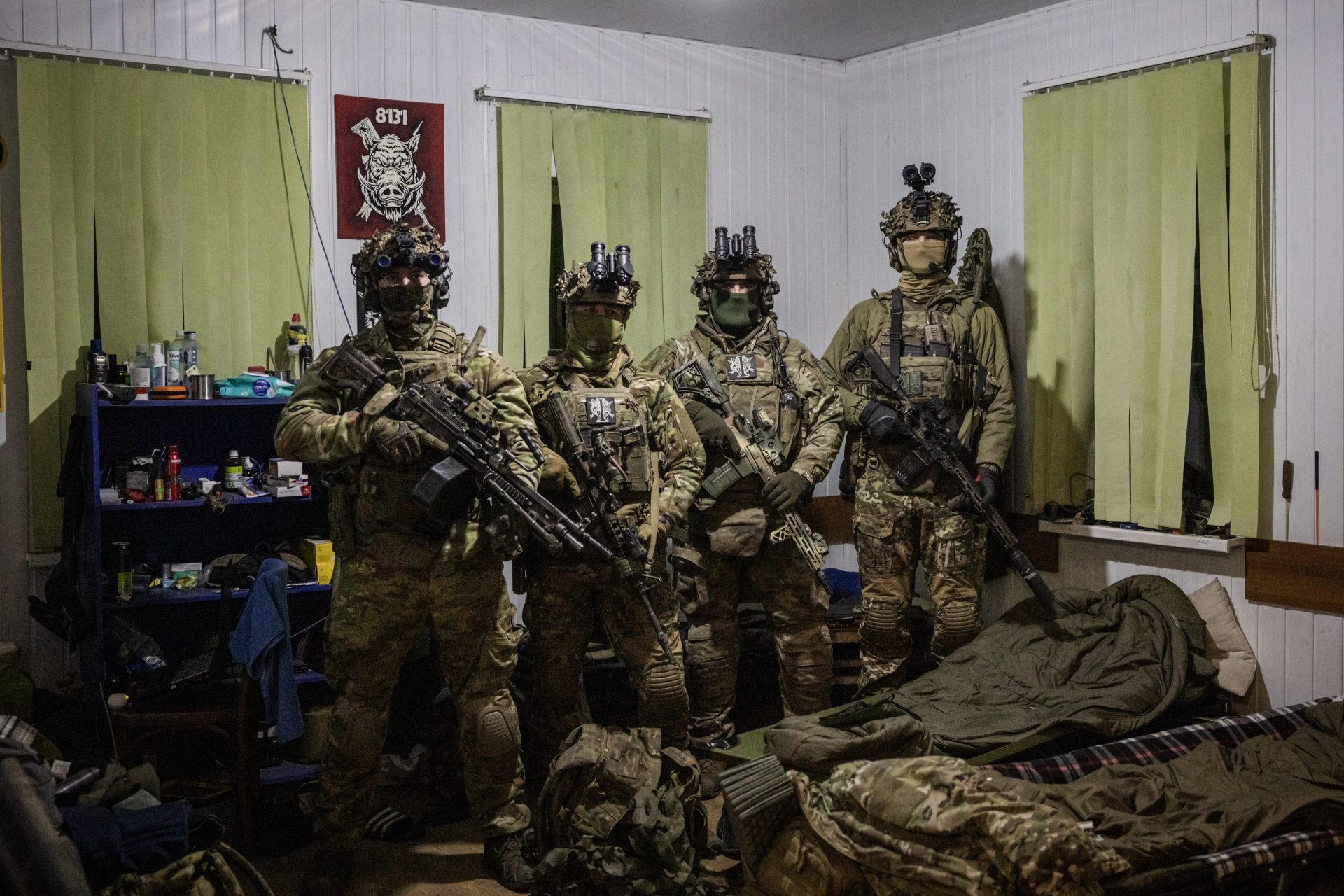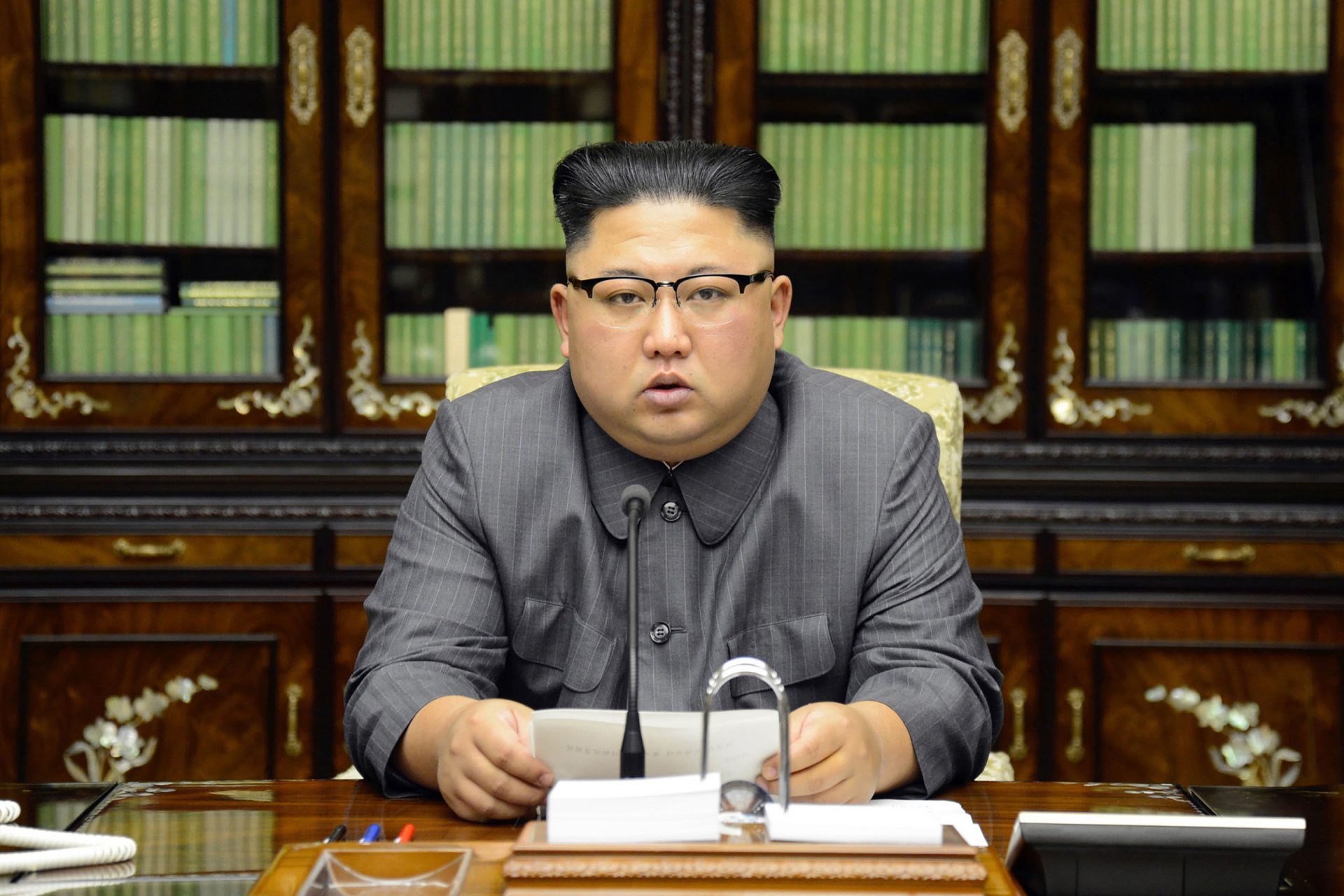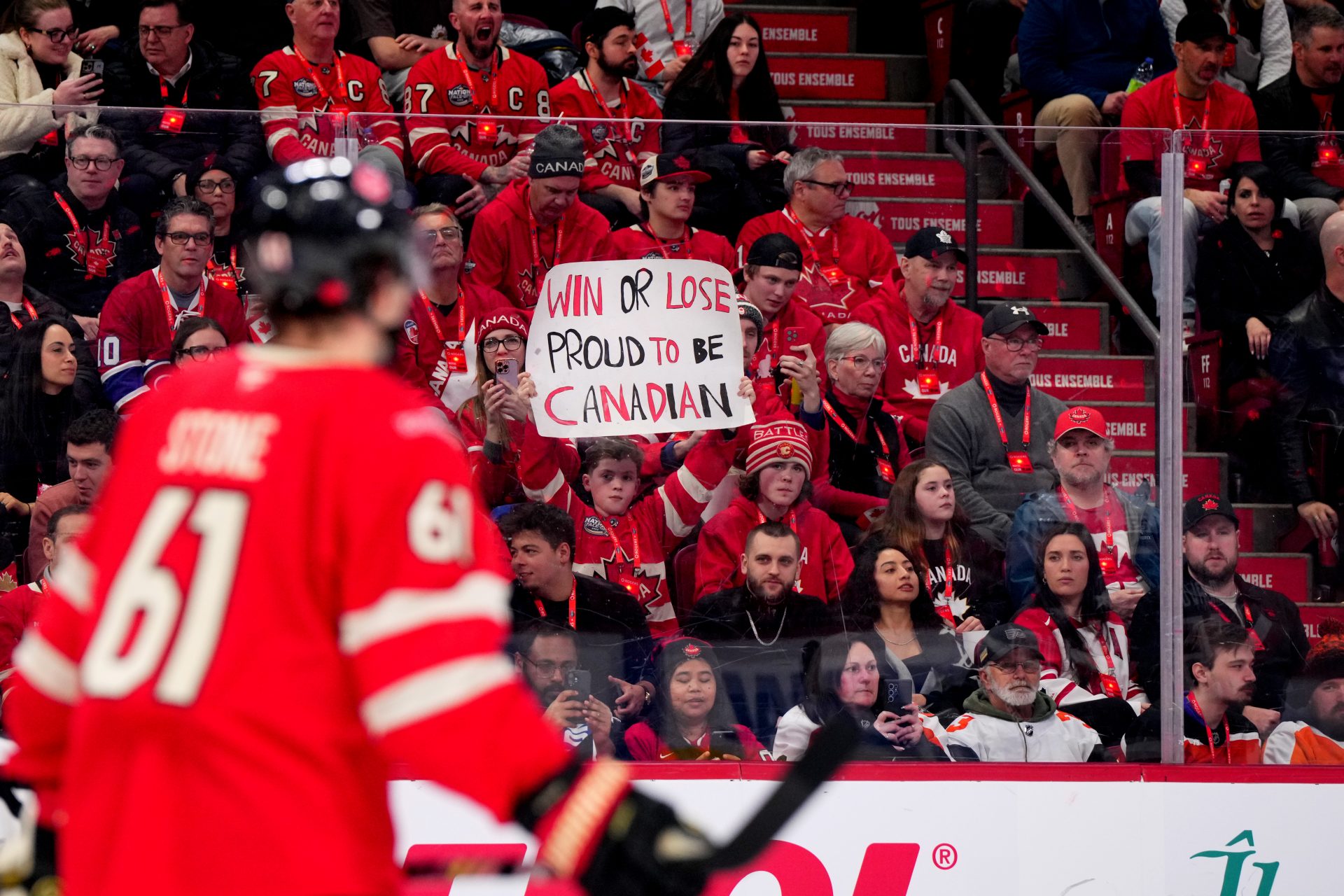Mariupol: photos of a destroyed Ukrainian city
Mariupol, the port city in southeastern Ukraine, has been relentlessly bombed by the Russian army. In the photo we see the remains of a school.
Not many images come in from Mariupol. The port city in southeastern Ukraine is being relentlessly bombed by the Russian army and photographers are barely able to do their job.
The satellite company Maxar Technologies has managed to capture from space the panorama of destruction that dominates a city that has been under bombs for weeks.
The images from the street are equally shocking. The few reports that come out of Mariupol speak of a city where people fight every day for survival.
The images are just as terrible when photographed on the street. The few testimonies that come from Mariupol speak of a city where, as The New York Times headlined, people fight for survival every day ("As Mariupol Is Bombed and Besieged, Those Trapped Fight to Survive").
Mariupol is a strategically important point as it is an important port connecting Ukraine to the Crimean peninsula (annexed by Russia in 2014).
First-hand news is slowly trickling in from Mariupol. Only a few Telegram channels have managed to broadcast the terrifying situation abroad.
Due to the shelling, many neighborhoods in Mariupol are without electricity or drinking water. Food is also scarce.
Communication is almost impossible. Those who have relatives in the city, in many cases, cannot contact them or know if they are alive.
There have been several attempts to create humanitarian corridors to remove the most vulnerable population.
However, the ceasefire necessary for such humanitarian escape routes has failed to materialize. There was only a very brief pause in the shelling.
Only a few thousand people have been able to escape the siege. In most cases they had to do that in between the bombs.
The few eyewitness accounts from Mariupol speak of Russian tanks firing at buildings.
Pictured: A destroyed tank of Russian or pro-Russian troops stands in the inner city of Mariupol.
The city is being held hostage. There are Russian troops in some of its neighborhoods, but Mariupol has not officially fallen yet.
Ukrainian troops resist the attack. Pictured is a destroyed armored vehicle that probably belonged to Ukrainian defense forces in the Azov Battalion.
Almost 500,000 people lived in Mariupol before the war. There was a massive escape in the days before the invasion.
However, it is estimated that between 200,000 and 300,000 people are still trapped in Mariupol.
Reuters reports that the Ukrainian government has claimed that thousands of Mariupol residents have been deported to Russia in Russian vehicles.
Pictured: an evacuation during the humanitarian corridor, with the column led by Russian and pro-Russian troops.
In the image, a car with the Z on its glass with displaced people inside. The Z has become the symbol for Putin (and the war) in Russia.
People who are still driving and want to indicate that they are not members of the fighting troops are tying white flags to their mirrors and windshield wipers.
There is no way to calculate the number of fatalities that this siege may have caused so far.
Ukrainian army sources say 3,000 civilians are dead, but who knows? How many people could be under the rubble?
And how many people have already died due to illness or lack of food and drink?
Media such as the Financial Times have recalled in their analysis how the strategy of besieging a key city to the point of destruction is not new for Russia.
The country did so with Grozny during the wars in Chechnya and also in Aleppo, in the war in Syria.
Mariupol had already taken in displaced people from the Donetsk People's Republic, taken over by pro-Russian forces and broken off from Ukraine. Now, those who have been able, have had to flee again for the second time.
Mariupol is a key strategic point for as it is an important port that connects Ukraine with the Crimean peninsula (annexed by Russia in 2014).
Without reliable data but with some sadly revealing images, Mariupol seems to have become one of those cities that symbolizes the horror of any war: from Gernika to Nagasaki or Dresden to Beirut.
Yet, despite it all, Mariupol resists even though the bombs keep falling.
More for you
Top Stories












































